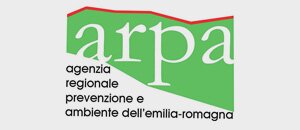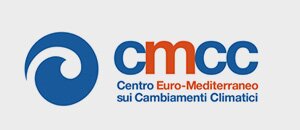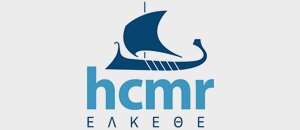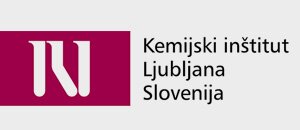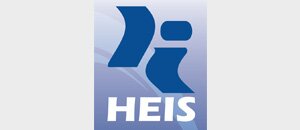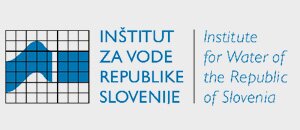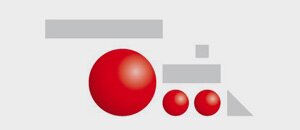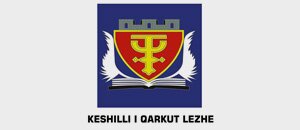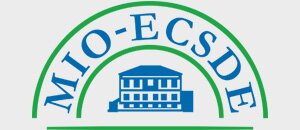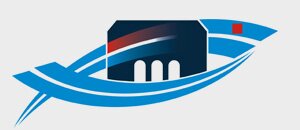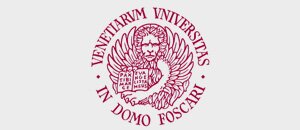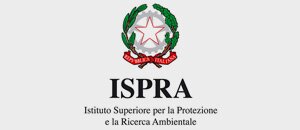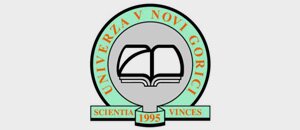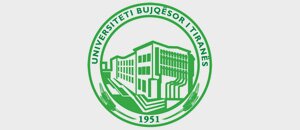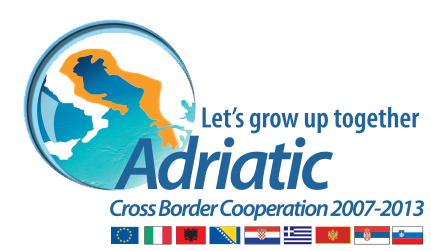
Major initiatives aiming to tackle marine litter in the Mediterranean and how these initiatives are contributing to the implementation of the Regional Action Plan on Marine Litter Management in the Mediterranean was the focus of a Barcelona Convention COP19 side event organised by MIO-ECSDE jointly with UNEP/MAP.
Entitled “Tackling marine litter in the Mediterranean” it took place on the 1st day of the COP, which is taking place in Athens, Greece from 9-12 February 2016, and offered a sense of relief that important steps and actions on this serious challenge have been taken in the region. The event brought together some 40 participants who had the opportunity to be informed about capitalizing on the cutting edge outputs, best practices and lessons learned of these initiatives, as well as on how these can be expanded and replicated in order to serve the needs of other Mediterranean countries.
The event was opened by UNEP/MAP MEDPOL Programme Officer Tatjana Hema, who presented the key findings of the Marine Litter Assessment in the Mediterranean, a report updated in 2015. MIO-ECSDE Programme Officer, Thomais Vlachogianni, in her intervention stressed the key role of Civil Society in the implementation of the Regional Plan, including their contribution from awareness raising activities to filling in the knowledge gaps that stand in the way of effective decision making. She presented four major initiatives tackling marine litter in the region where MIO-ECSDE and several of its members and partners have a key role, namely the:
- Regional Survey on abandoned, lost or discarded fishing & ghost nets in the Mediterranean sea;
- FP7 project “MARine LItter in Europe’s Seas: Social AwarenesS and CO-Responsibility (MARLISCO)” funded by the European Union;
- IPA Adriatic project Derelict Fishing Gear Management System in the Adriatic Region (DeFishGear) co-funded by the European Union;
- The Plastic Busters initiative for a Mediterranean litter-free, heading for UfM labelling next week.
A new flick on the collective achievement of the Regional Action Plan on Marine Litter Management in the Mediterranean was also launched, soon to be available on various media channels.

With the Italian Port of Ancona promoted as national ‘collection point’ and trawl vessels becoming involved for the benefit of the environment, the Adriatic Sea becomes a pioneer throughout the Mediterranean for the recovery and regeneration of abandoned fishing nets lying on the seabed.
This initiative is made possible thanks to a unique partnership between researchers, divers, fishing industry operators, NGOs, local governments and industry, presented today during a formal kick-off by the two promoters: the DeFishGear project and Healthy Seas. The DeFishGear project is funded by the EU-IPA Adriatic cross-border programme, and aims to free the Adriatic of plastics. Healthy Seas is an initiative that has started similar activities in the North Sea; it was established by the Aquafil Group (a global player in the production of Nylon 6), the ECNC Land & Sea Group and Star Sock.
Satisfaction with this positive synergy is unanimous, as emphasized by Paolo Pelusi, President of Consorzio Mediterraneo, the Italian partner of the DeFishGear project. "It’s a significant milestone, but also an important starting point to strengthen the instruments and, more generally, the culture of sustainability for the conservation of our sea."
As pointed out by Paolo Pelusi, in addition to the action for the recovery of abandoned fishing nets, the actions of the pilot project, which will also involve the ports of Chioggia, Cattolica and Molfetta, "are of great importance, because for the first time on a multi-regional scale they allow the collection and exploitation of fishing nets that are disused and replaced by fishermen because they are no longer usable. This is a doubly virtuous solution that not only allows the disposal of this waste, but also its enhancement through new uses of the raw material."
Fabrizio Calenti, Executive Director of Aquafil, the Italian partner of Healthy Seas, said: "As a company we have been committed to the Healthy Seas initiative since March 2013. This has allowed us to collect more than 50 tons of abandoned fishing nets so far (20 tons only in 2013), and we are very happy that now also the Italian Adriatic is part of this. On behalf of Aquafil we are proud to give our contribution to this initiative that will, also in Italy, transform the abandoned fishing nets into ECONYL® yarn, the raw material used to create new products such as hosiery, swimwear, underwear and carpets."
Satisfaction was expressed by Simone Cecchettini, Head of Lega Pesca Marche: "This initiative not only legitimizes the full title and interest of the fishermen to act as guardians of the sea, but also demonstrates the great potentialities in the diversification of the business towards environmental services. Developing the active presence of the fishing industry in the protection of the seas is a strategic objective for which, at a national level, the fishing coordination of the Alliance of Italian Cooperatives (comprising the three Italian cooperative confederations AGCI, Confcooperative and Legacoop) intends to open a discussion with the Ministry of Environment. Towards a sea defence policy that is with and not against fisheries."
Marine litter issue is recognized as one of the major threats to marine ecosystems in the Mediterranean Sea.


